
Whether it’s dishing the assist or taking it to the hoop on his own, Nashid Sulaiman has proven that he can play all positions on the hip-hop court. Under the name OneManArmy, him and friend Senim Silla teamed up as Binary Star and proceeded to take over the Midwestern hip-hop scene. Featuring narratives like “Glen Close” and punchline platters like “Indy 500,” their full-length album Waterworld earned them a cult following. All the while, Sulaiman steadily established his own identity, doing cameos for other artists, releasing his own solo project, and founding what would arguably become Michigan’s most reputable source of hip-hop, Subterraneous Records.
Five years later, One Be Lo has become Fat Beats Records’ first officially signed solo artist. With his new album, S.O.N.O.G.R.A.M. (Sounds of Nashid Originate Good Rhymes And Music), he plans to expound on his reputation of bringing quality hip-hop. In a candid interview with HipHopSite.com, One Be Lo talks about his new project, being his label’s franchise player, and the difference between an MC and a recording artist.
HipHopSite.com: First off, tell me about the new album, S.O.N.O.G.R.A.M.
One Be Lo: This is the official introduction to who One Be Lo is and what he’s about. I put out records before, but as a solo artist, this is me debuting. My intentions with this album are the give the listeners, or the fans, the consumers—whatever you want to call ‘em—an understanding of who I am as an artist, and what they can look forward to, as well as (give an understanding to) MCs, producers, record labels, distributors, whatever. I’m just trying to bring this type of hip-hop to the table; these types of rhymes, these types of beats, this type of vibe to the table. That’s what I grew up on, and that’s what I’m about.
HipHopSite.com: How do you think this new album differs from your first solo project, Project F.E.T.U.S.?
One Be Lo: Using the whole analogy of a fetus, (the new album) is just more developed. The first album was just like, “I’ll never put out these records, they’re just laying around, and if I drop S.O.N.O.G.R.A.M. first, I can never put this record out. So let me drop this one first to get it off my chest.” Originally, I was only going to press 1,000 copies and give them to the hardcore cats on the web site; but after selling 1,000 CDs that week—and I didn’t even announce it, I was “Boom! I’ve got a CD out!”—we kept pressing them. But now I’m a more developed, more mature artist. I’m not where I want to be at yet on S.O.N.O.G.R.A.M. either, but I just want people to see the growth.
HipHopSite.com: Let’s get into your past a little bit. You earned a reputation through Binary Star, a group which consisted of you and Senim Silla, but you two split before the release of Masters of the Universe, the re-packaged version of your first full-length album. What’s the story behind that?
One Be Lo: What it all boils down to with that—and there’s two sides to every story…but my side, to sum it up in the smallest words possible, is that we were making good music together, but being an artist, you want to be in a creative atmosphere. You want to work with people that inspire you to be creative to the best of your ability. And, just because you can work with a cat in the field of art doesn’t mean you can do business together. Up until that point, we always rhymed together, but we never really did business together.
I would just say it boiled down to creative differences. I don’t want to quote nobody or misquote nobody, but I just didn’t agree with some of the concepts, I didn’t agree with some of the decisions he was trying to make. And he didn’t agree with some of my stuff. So I’m like, “Instead of me telling you how to do your thing, just go ahead and do your thing, because you aren’t going to tell me how to do my thing. If I think it’s live, I’m going to do it. I just thought it’d be better if we went our separate ways.” And he’s like, “Maybe it is.” He went his way, and I went mine. He’s doing whatever he’s doing, and I’m doing whatever I’m doing.
HipHopSite.com: There was a bidding war amongst several independent labels for your next album. What made you decide to go with Fat Beats Records?
One Be Lo: As far as the bidding war, I personally didn’t know nothing about that. And from Binary Star to now, I’ve never been a record shopper, shopping my album. My whole philosophy is, I could knock on the door saying, “Hey let me in,” or I could make noise on my own and have them at my door saying, “Yo, let us in.” When I sent the record to my man who worked at Fat Beats, they were talking about doing a 12-inch. So I said, “I’ll send you the whole album, just pick whatever you’re feeling.” They heard it, and they were like, “Forget the 12-inch, let’s do the whole album.” I put the stop on what I was doing just to see what they were talking about.
I felt like instead of me going to a huge label where I could just be another fish in the ocean, I’d rather go to a small label where I can actually be a priority. There’s not a whole lot of money involved, but at least I can be a bigger priority; I’m not looking for somebody to save my life, I’m just looking for somebody to compliment what I’m doing. I’m not going to lay down and let Fat Beats do it, I’m going to do what I’ve got to do to push myself, and hopefully these cats can just come in and add to that push.
HipHopSite.com: Why did you change your name from OneManArmy to One Be Lo?
One Be Lo: I would go on tour, and I would get to a venue where I had never been before, and I would see OneManArmy posters all over the wall. Or I would get calls from people like, “Yo I heard you were in Salt Lake City this week;” I’m like, “What are you talking about?” Well, there’s a punk-rock group out there called OneManArmy. There’s no legal issues right now, but we just thought it’d be better to avoid that whole tug-of-war thing about who can use this name, take the album off the shelf, etc. We just figured, before the OneManArmy name gets any bigger, lets take the fans right now and make the transition to One Be Lo. And then everybody else, the new people, they’ll just see me as One Be Lo, so we can avoid the whole potential legal fiasco. So that’s how the whole thing came about. It’s not something where I’d rather be that name, but the reason that we did it was all legalities, we wanted to avoid something that was totally avoidable. I’ll always say “OneManArmy,” and that’s what I represent, but just for marketing purposes, it’s One Be Lo.
HipHopSite.com: You’re really known for your live shows; you tour a whole lot, and you really know how to move the crowd. First of all, tell me about the preparation you put into your shows.
One Be Lo: It’s funny, because my whole life, I don’t think I’ve ever practiced for a show. We don’t rehearse routines, or go through songs we’re going to do. Maybe I can afford to do this because I have a little catalog, but I’ll just go to the venue that night, and I’ll just look at the crowd and feel the vibe. If it’s 90 percent females, I’m going to do this tonight; if I’m in the hood, and it’s all hard rocks there, I’m going to do this; and if I’m going to an elementary school, I’ve got something for them too. I’m an artist, and I interpret my own music, but because my music is versatile, it’s like a menu. Everybody don’t eat chicken, and everybody don’t eat meat, so if it’s a vegan crowd, I’ve got something delicious for them cats; if you eat meat, I’ve got something delicious for them cats; if you like junk food, I’ve got some of that too. I try to feel the vibe of the night, and who I’m performing with will affect what I’m doing, whether I’m going first or if I’m going last, how big the venue is, and that’s just all from experience. It’s nothing that I can put in a book and explain, I just go with what I’m feeling. Whatever feels good, that’s what I’m going to do. I might put together a set list and change it on stage because it doesn’t feel right. When you know, you just know what the crowd wants; even if they don’t know it, you know.
HipHopSite.com: In hip-hop, a lot of cats can make great records, but they can’t put on a live show that well. Why do you take live shows so seriously?
One Be Lo: First of all, a recording artist and an MC can be the same thing, but they aren’t always one in the same. A person who can go in the booth and drop a classic verse, he’s a good recording artist, but is he a dope MC? Then you’ve got cats that can go on stage and kill it, but they can’t go in the booth and kill it; he’s not a good recording artist, but he’s a good MC. Then you’ve got people that can do it onstage, and can do it in the booth, he’s an MC/recording artist. I know cats who have lyrics, but they can’t put it together in the booth; I don’t know if they get nervous and start sweating or what, but everybody can’t do it in the booth, the same way everybody can’t do it on stage.
On stage, it’s the best way to say, “This is who I am. This is what I look like, this is what I sound like, this is my wit, this is my personality, this is how I perform, this is my presentation.” You can see how a person looks on a poster, but what do they sound like? You can see a person’s personality in an interview, but what do they look like? In the video you can see certain things, but on stage, do you replicate the album, or do you interact with the crowd? Onstage, you can win a person, and have a horrible CD sitting on the table over there, but you just won them with your personality. Is (the artist) real, is he accessible, is he an asshole? You can tell that when you meet a person, and you see the vibe that you get from them. So that’s what the stage show is about; if you’ve got that, I don’t care what you sound like in the booth, you can go anywhere and kill it.
HipHopSite.com: You’re from Pontiac, which is right outside of Detroit. A lot of people see Eminem as the face of Detroit hip-hop, but Detroit’s hip-hop scene is deeper than his commercial success. Who else is making noise in Detroit “both locally and nationally”and how do you think that the Detroit hip-hop scene differs from others?
One Be Lo: When you say “making noise,” you’ve got different levels of noise. You’ve got the mainstream level, the internet buzz, and the “everybody in Detroit knows who this cat is” (type of buzz). Nobody’s making the noise that Eminem’s making (on the mainstream level), but a lot of people would argue that technically he isn’t even from Detroit; I’m from Pontiac, but I don’t represent Pontiac. I don’t represent no city; I do what I do, and I don’t have a choice of where I was born from. I represent Detroit more than a whole lot of people from Detroit do, but if I say that, (skeptics say), “That nigga’s not from Detroit.”
If we’re talking about strictly Detroit hip-hop, I’m going to have to exclude myself; but if we’re talking about the Detroit hip-hop scene and all the cats in Michigan that rock Detroit, form the scene and make it what it is—such as myself, AML, Invincible, and others—then you have a very diverse scene of very talented people on all spectrums of the rainbow. Everybody ain’t on the same thing, but you’ve got a lot of people doing their thing. I think that Motown has a big contribution to that. By Motown, I mean the Midwest; growing up, I was on A Tribe Called Quest and N.W.A. and Geto Boys. I wasn’t West Coast this or East Coast that; we’re in the middle, so we’re getting all of it. I think cats on the East Coast—I don’t know, ‘cause I ain’t from there—but I think they’re going to be a little more biased towards the East Coast, ‘cause that’s where they’re from and that’s what they’re all around. I never realized how beautiful it is to go record shopping and digging in Michigan until I started going other places. We’re in Motown; do you know the history and record collections that come out of this place? You go in record stores (in Michigan) and you see this big melting merge of music, and you go somewhere else and they’ve got some of this and some of that, but I think that the Midwest is the melting pot of music. That’s why I think some of the biggest artists, whether it’s Michigan, Chicago, or whatever, come out of the Midwest. There’s a lot of soul in Detroit, there’s a lot of history in Detroit, and we were influenced by East Coast, West Coast, South, all of them. I was at least; I think that’s the big difference.
HipHopSite.com: Your album comes out February 8, and you have a multi-album deal with Fat Beats Records. What’s next?
One Be Lo: I couldn’t even tell you man. I would like to believe that whatever’s next is going to be hot. The reason I say that I can’t tell you what’s next is because 90 percent of the songs I wrote just came out of nowhere. Every album that I put out was an accident; from Binary Star to F.E.T.U.S. to Waterworld Too, it was never planned that way, but as an artist, inspiration can just come at any different time. So because of the past, I can tell you that my next album is going to be called this, but at the last minute it might change. So just look out for One Be Lo music. Who am I going to collab with? I can’t even tell you; I might do an album with DJ Premier, or I might do an acapella album, but it’s going to be the true essence of hip-hop, whatever it is. I want to make music that’s going to be here like Enter the 36 Chambers and Illmatic; I don’t know if I can achieve that, but I just want to put a smile on somebody’s face, and get cats to think about something they don’t normally think about.
Comments
No Comments
Leave a reply
- Raekwon Sets A Release Date For “F.I.L.A.” Album
- BUSH: A Snoop Odyssey Produced By Pharrell Williams [Preview]
- Drake – “If You’re Reading This It’s Too Late” Surprise Album on iTunes Now
- Action Bronson “Mr. Wonderful” Cover Art and Tracklist
- Juicy J “Blue Dream & Lean 2″ Mixtape Cover Art & Release Date Revealed
- MF Grimm “MF Love Songs” Cover Art + Tracklist
- Lord Hakim – “Brass Knucklez” (feat. Vast Aire & Phizz Ed)
- IAMSU! – “Hella Good” (feat. Tyga)
- DJ Kay Slay – “I Declare War” (feat. Styles P, Sheek Louch, Vado, Raekwon, & Rell)
- Maverick Sabre – “We Don’t Wanna Be” (feat. Joey Bada$$)
- Cannibal Ox – “Blade: Art of Ox” (feat. Artifacts & U-God; prod. Black Milk)
- Asher Roth – “Blow Your Head” (prod. Nottz)
- It's Time To Say Goodbye...
Commented on by Yungplex - It's Time To Say Goodbye...
Commented on by geedubbleyoo - Fat Trel - "In My Bag" (feat. Wale)
Commented on by Katae - Kanye West's "Runaway": What Does It All Mean?
Commented on by fidgar - Sole Vs. El-P: Part One - Sole
Commented on by Reno Yakavetta - It's Time To Say Goodbye...
Commented on by Atom
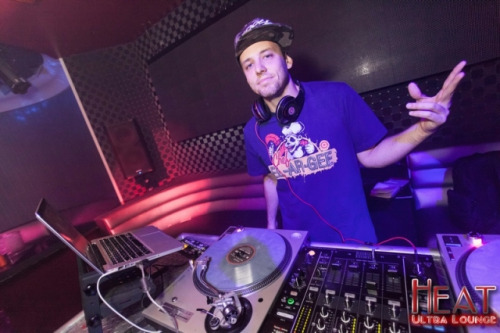

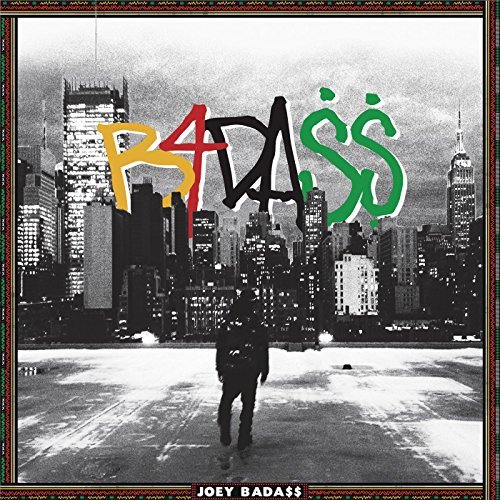
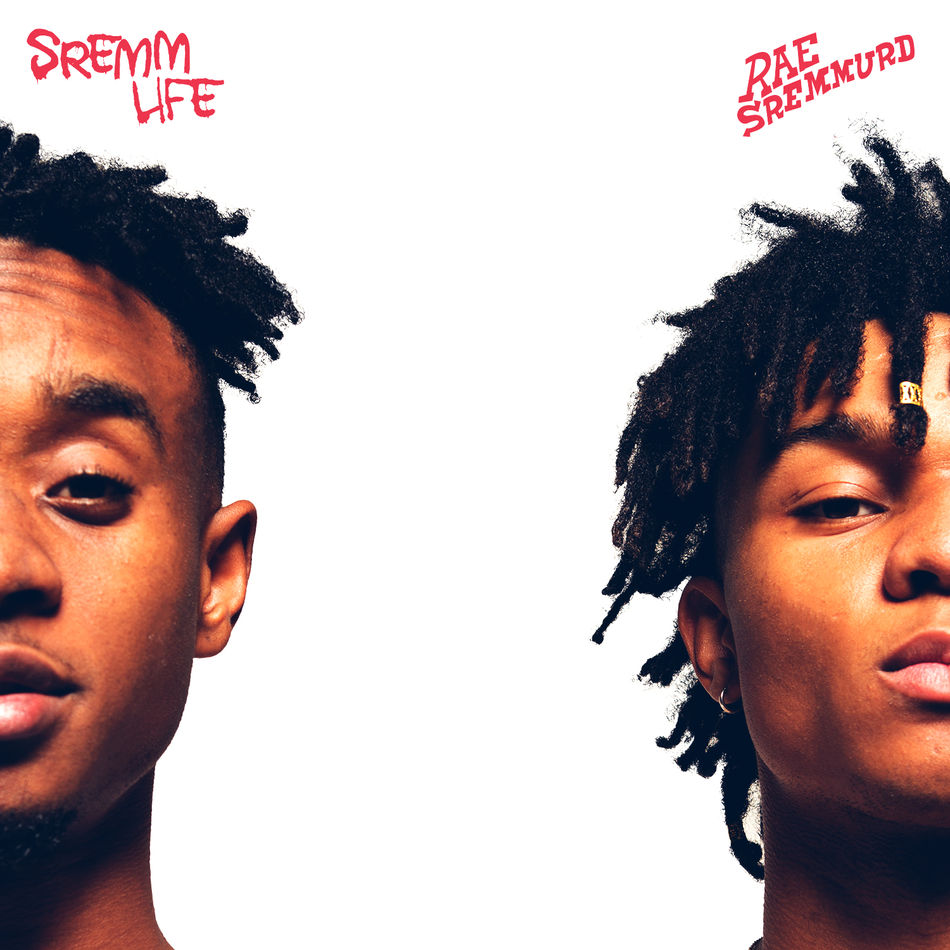
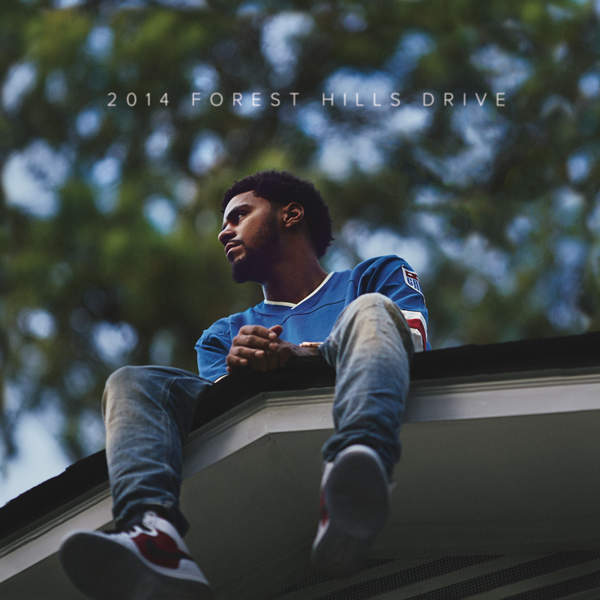




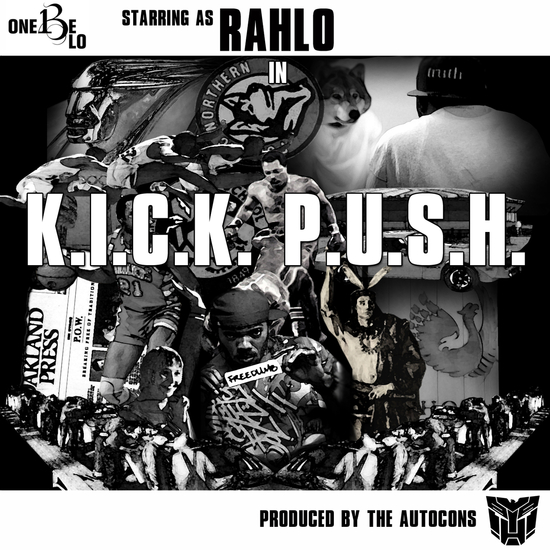

 Mixtape D.L.
Mixtape D.L.
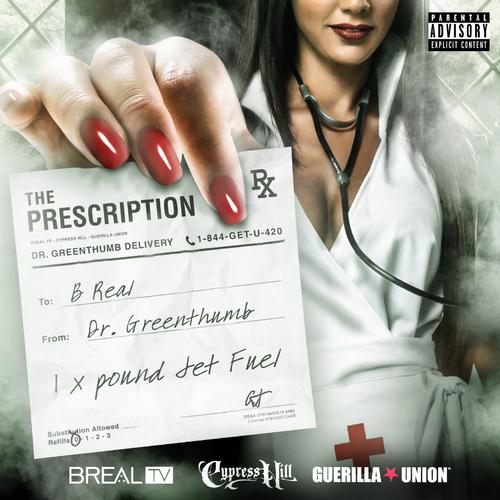

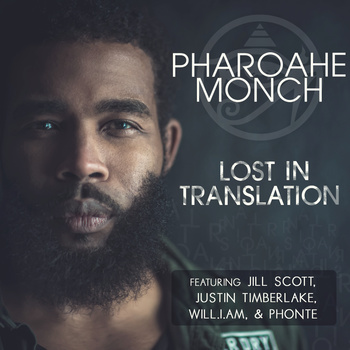

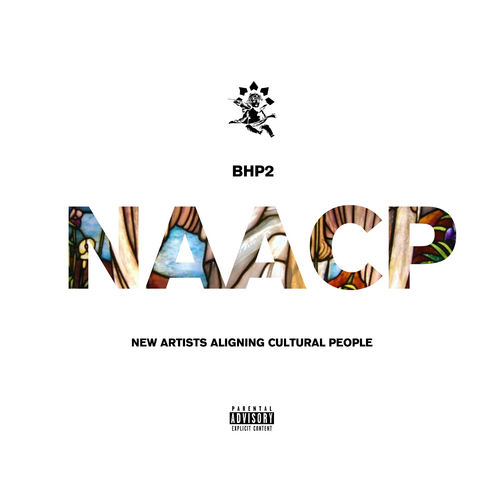
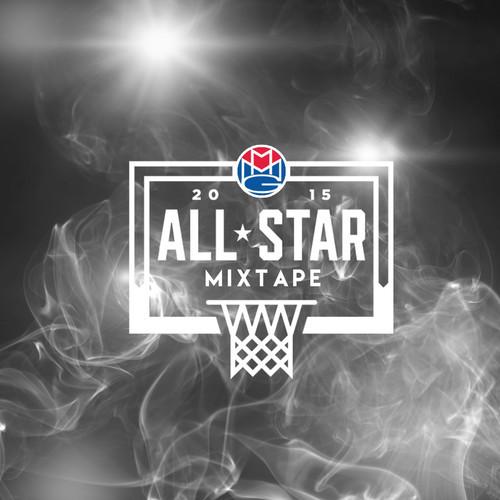
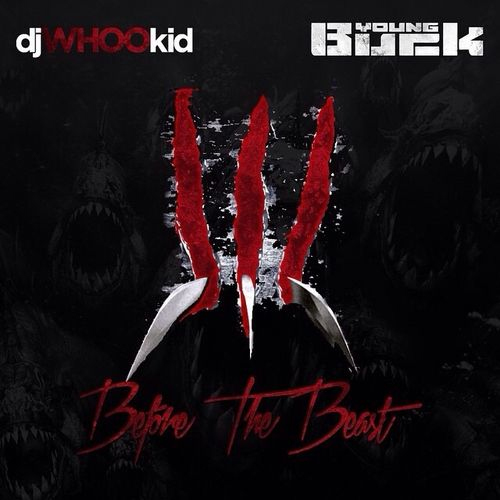
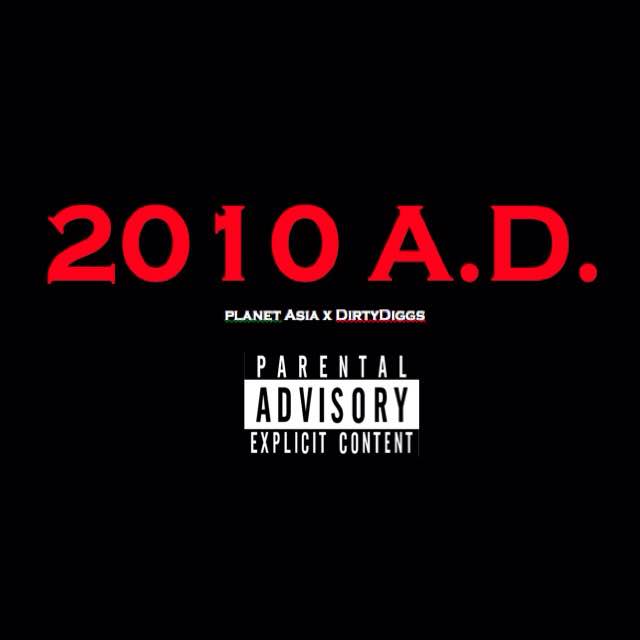
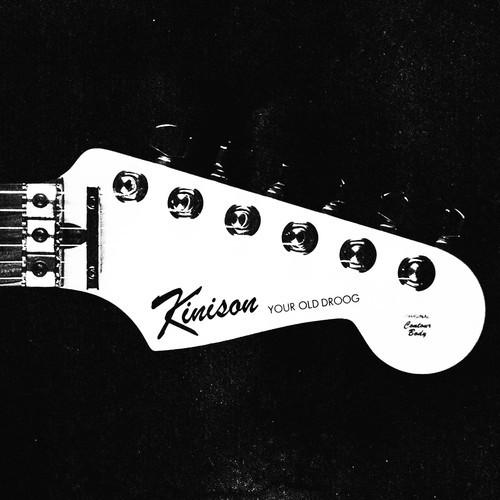
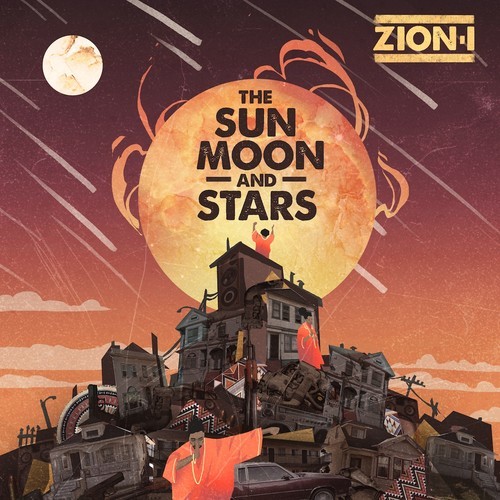

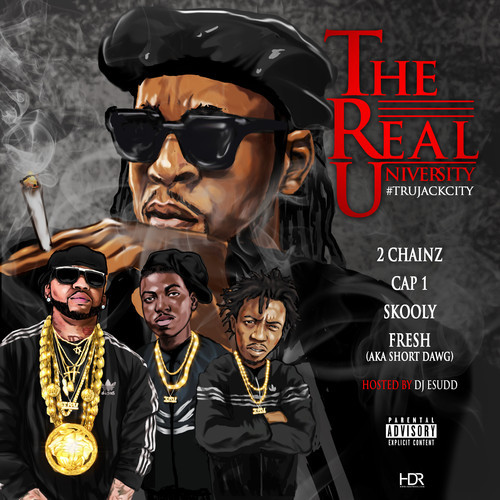
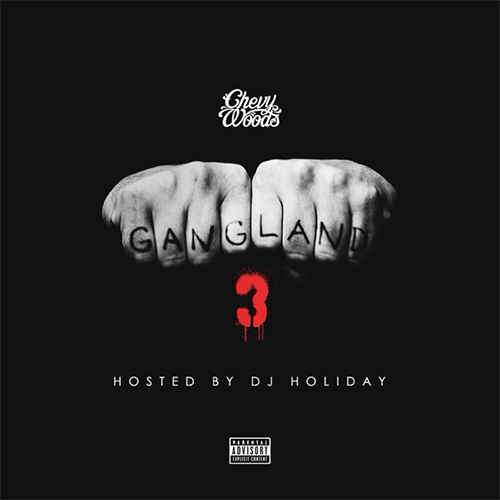
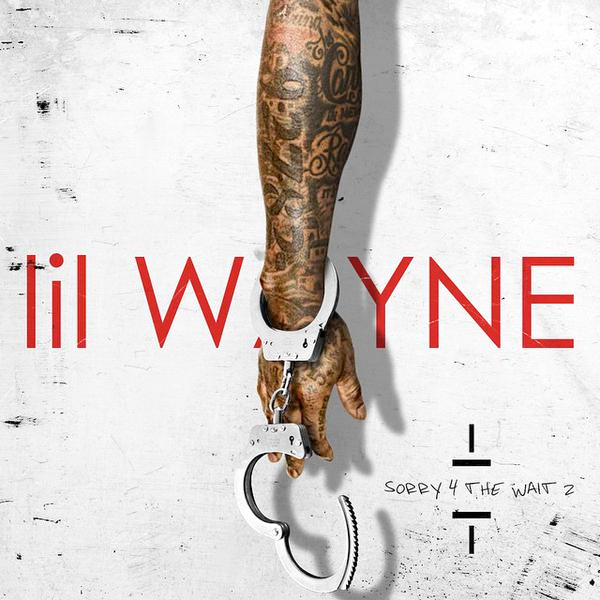
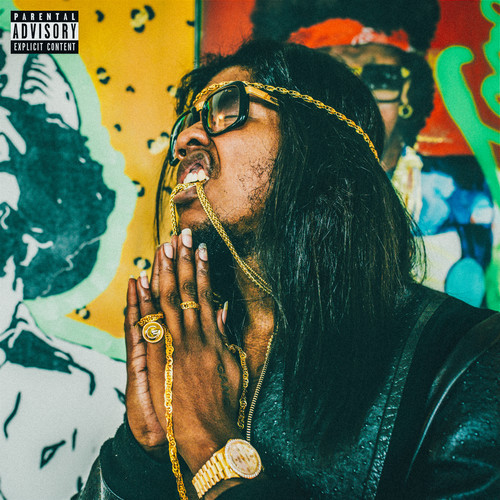





14 February, 2005@12:00 am
0 comments